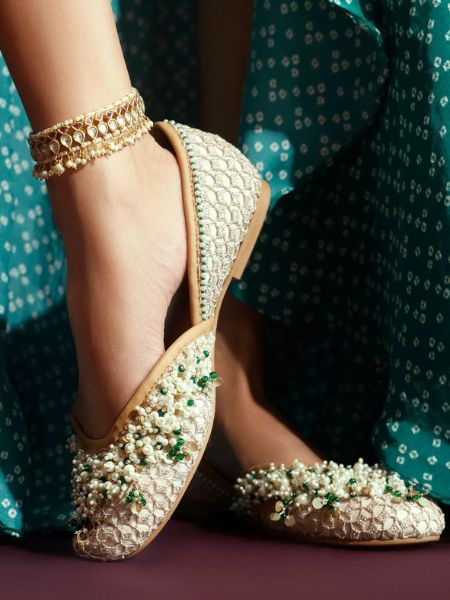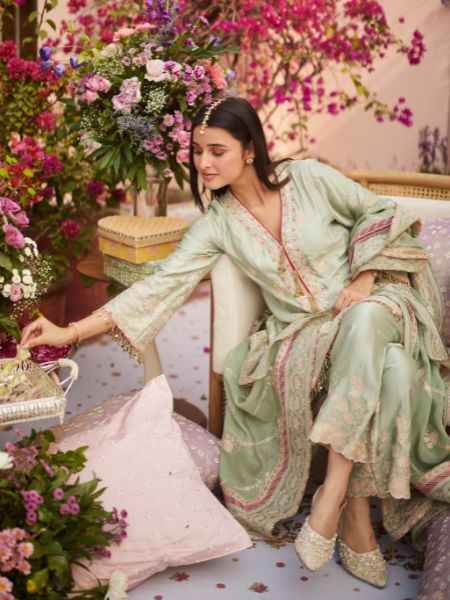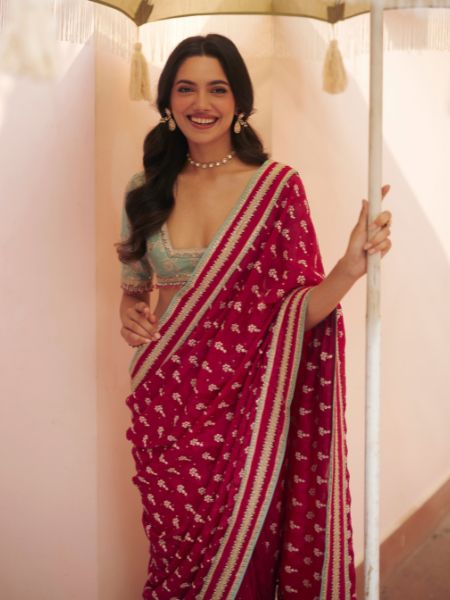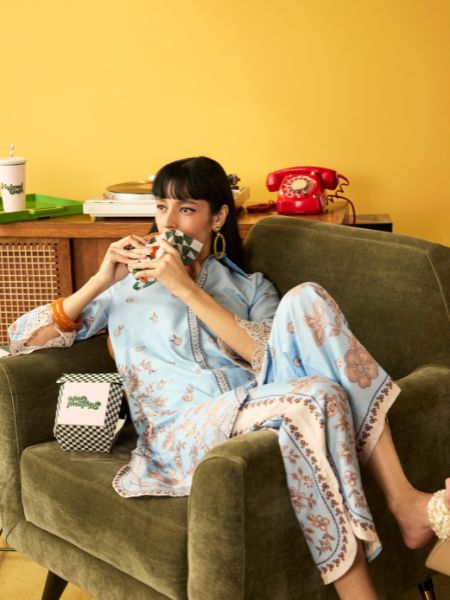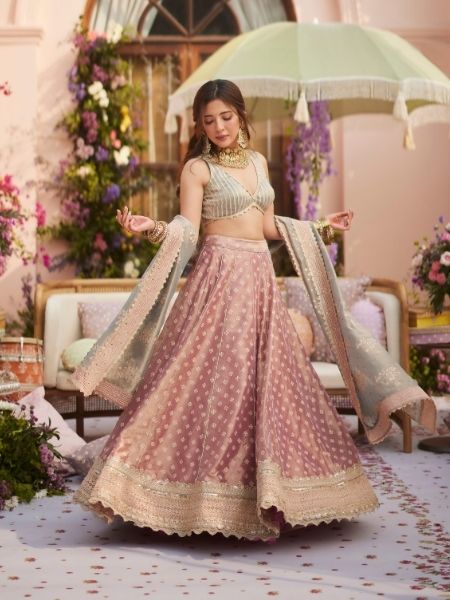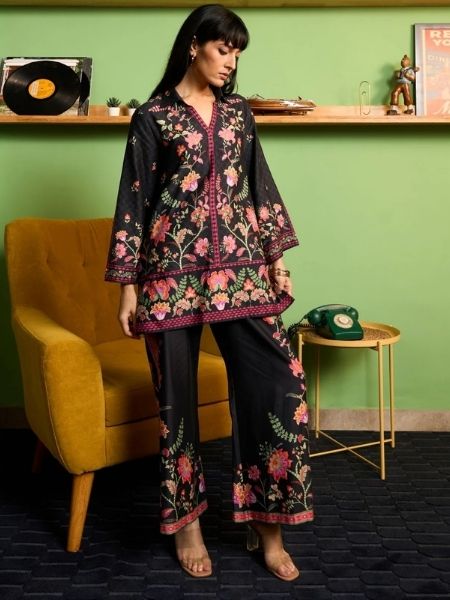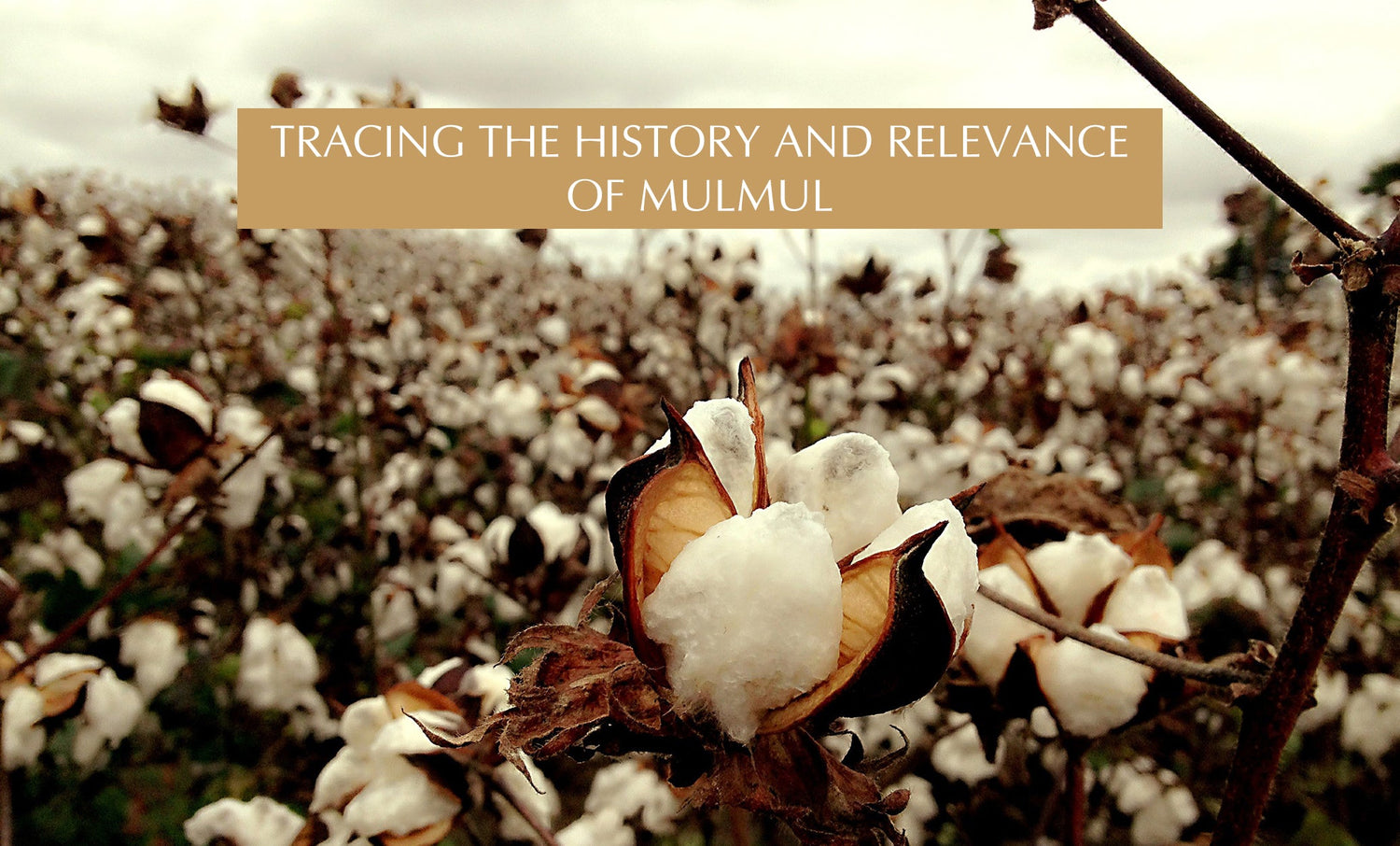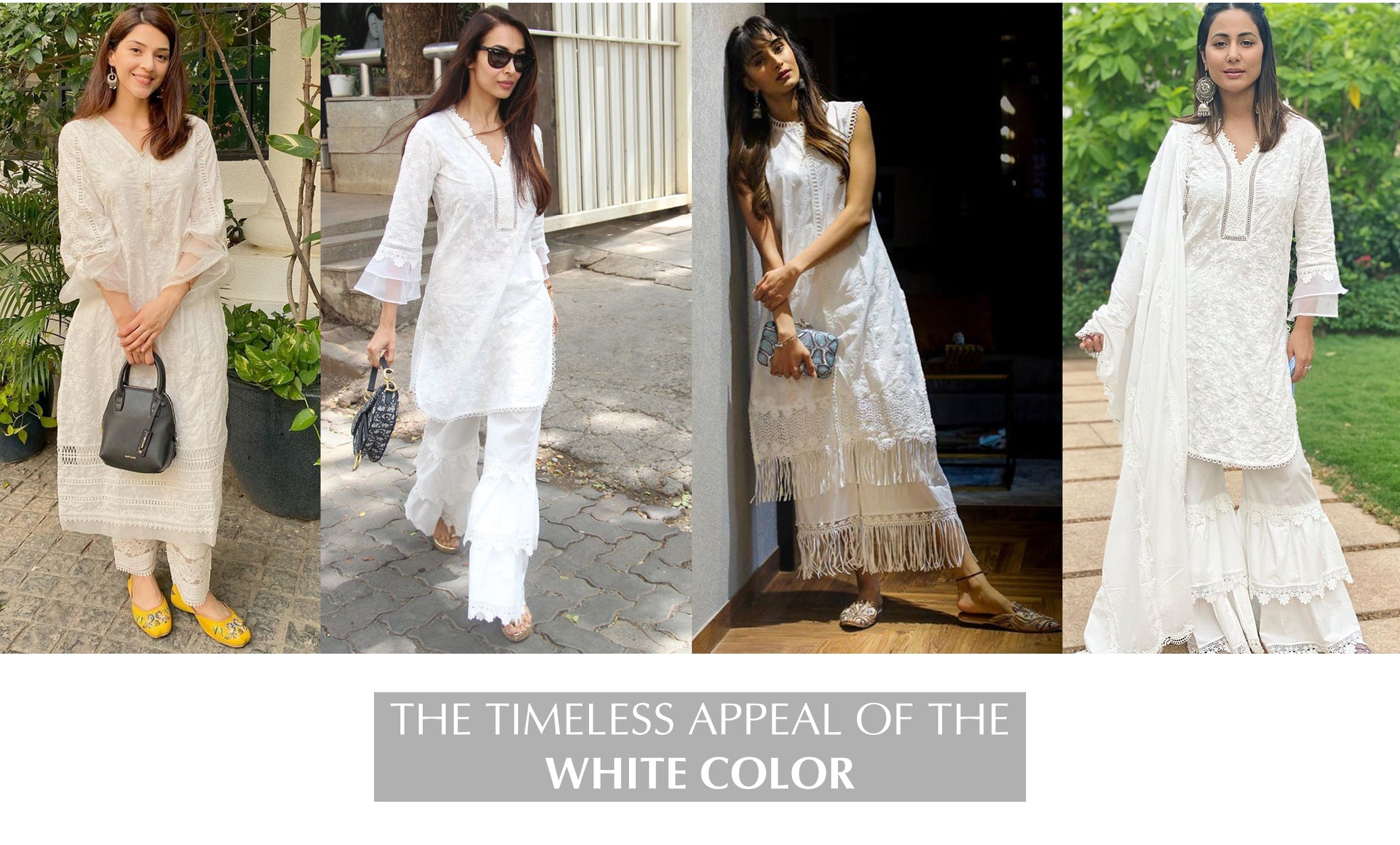Mulmul: An everlasting beauty
In a world where synthetic fiber-made fast fashion is reigning supreme, reviving indigenous sustainable textiles is a conscious step for promulgating Indian artisanry and being earth-friendly. Mulmul fabric or Muslin is one such textile whose beauty with brains has awed people out of their wits.
The revered Sufi poet, Amir Khusrau described this cotton fabric as:
“A hundred yards of it can pass through the eye of the needle, so fine is its texture, and yet the point of the steel needle can’t pierce through it easily. It is so transparent and light that it looks as if one is in no dress at all but has only smeared the body with pure water.”
Roots of mulmul

Mulmul dates back to eons, being finely woven cotton that first originated in Dhakeshwari or Dhaka in Bangladesh, which was then a part of India. From first being sewed by Bengali weavers to getting incorporated in Indian pop culture, mulmul fabric has come a long way. Previously known as Muslin, it had caught the eyeballs of many traders across the globe and was widely exported during the pre-independence era, known as "woven wind." Moreover, mulmul fabric had a prestigious role in the Swadeshi Movement and was classified as the Freedom Fabric along with Khadi.
Mulmul: Beauty with brains
While its exterior beauty stands undeniably lauded, its internal properties further amplify its appeal as it is finely delicate yet very strong. Mulmul has extremely long and silkier fibers as compared to ordinary cotton fibers which make it resistant to fraying, tearing, wrinkling, and very absorbent. Moreover, the mulmul fabric is hypoallergenic and regulates the body temperature-cool during daytime and cozy at night. It is super lightweight, soft, and breathable and is great for summers since it absorbs moisture and keeps the wearer cool and it only gets softer with every wash.
Other than being a sound investment, a mulmul kurta set is also 100% plant-based materials and biodegradable, making sure your retail therapy leaves little to no carbon footprint. In an era where sustainability remains at the apex of the fashion industry, mulmul plays an essential role in carving quintessential everyday luxury wear.

